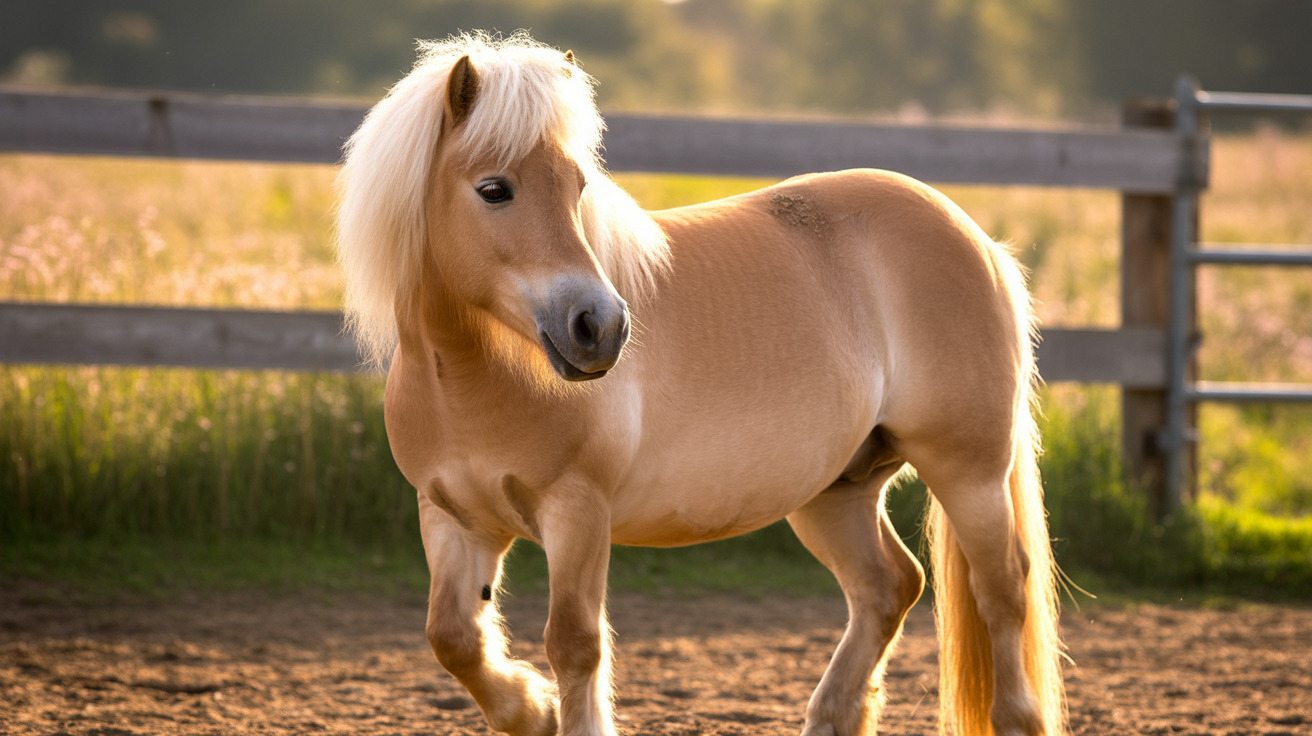Can Animals Have Down Syndrome? Understanding Genetic Conditions Across Species
Many pet owners and animal enthusiasts wonder whether animals can have Down syndrome. This question usually arises when a pet, particularly a dog or cat, displays unusual physical traits or behavioral issues. While it may be tempting to equate these features with Down syndrome, a condition widely recognized in humans, the reality is more scientifically nuanced.
What is Down Syndrome in Humans?
Down syndrome is a specific genetic condition in humans caused by the presence of an extra full or partial copy of chromosome 21. This genetic anomaly leads to a combination of unique physical characteristics, intellectual disabilities (usually mild to moderate), and an increased risk of certain health conditions like heart defects and cognitive delays.
Chromosomal Differences Between Humans and Animals
The crux of the matter lies in the fact that humans have 23 pairs of chromosomes, totaling 46, while dogs, for instance, have 39 pairs, totaling 78. Because Down syndrome specifically refers to a third copy of human chromosome 21, animals with different chromosomal structures cannot have true Down syndrome in the medical or genetic sense.
Can Dogs Have a Condition Similar to Down Syndrome?
Dogs cannot have Down syndrome as it is defined in humans. However, they can suffer from a variety of congenital and developmental disorders that may mimic the symptoms of Down syndrome. These include:
- Congenital hypothyroidism: Caused by low thyroid hormone levels, leading to slow growth, cognitive delays, and abnormal facial features.
- Pituitary dwarfism: A growth hormone deficiency often seen in German Shepherds that causes stunted growth and developmental delays.
- Congenital hydrocephalus: Fluid buildup in the brain, leading to a domed skull, poor coordination, and cognitive dysfunction.
- Portosystemic shunt: A liver blood vessel defect causing poor toxin filtration, seizures, and growth issues.
- Congenital heart defects: These can lead to fatigue, growth delays, and exercise intolerance.
- Rare chromosomal anomalies: These may affect growth and development, although they are extremely rare in veterinary cases.
Signs That May Resemble Down Syndrome in Dogs
If a dog has a congenital or developmental condition, it may display symptoms that resemble Down syndrome, such as:
- Unusual facial structure or eye shape
- Short limbs and slow growth
- Poor muscle tone
- Hearing or vision problems
- Cognitive or behavioral delays
- Skin or coat abnormalities
How Are These Conditions Diagnosed?
Veterinarians rely on a combination of physical examinations and diagnostic testing, such as:
- Blood panels for thyroid and growth hormone levels
- Imaging tools like MRI, CT scans, and ultrasounds
- Organ function tests
- Genetic testing, although less common in veterinary medicine
Treatment and Management
The treatment plan depends on the underlying condition. Common approaches include:
- Hormone supplementation (e.g., thyroid hormone)
- Medications and surgery for correcting anatomical issues like hydrocephalus or liver shunts
- Nutritional support and environmental management
- Mobility aids and physical therapy
Home Care and Quality of Life
Though there's no cure for many of these conditions, proper care can drastically improve the quality of life for affected pets. Pet owners should consider:
- High-quality, specialized diets
- Grooming routines to manage skin problems
- Home modifications like ramps or cushioned bedding
Preventive Measures
Some conditions are genetically predisposed and can be mitigated through responsible breeding practices. Pre-breeding genetic testing can help reduce the risk of passing on congenital defects.
Conclusion
While animals such as dogs or cats cannot technically have Down syndrome due to differing chromosomal structures, they can experience conditions with similar outward symptoms. These include growth abnormalities, developmental delays, and physical deformities. Knowing how to detect, diagnose, and manage such conditions with veterinary guidance ensures that special-needs pets lead comfortable, happy lives.





